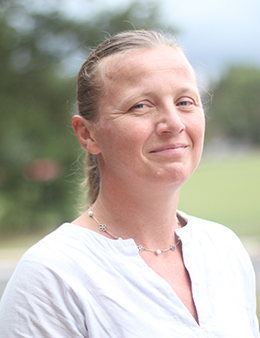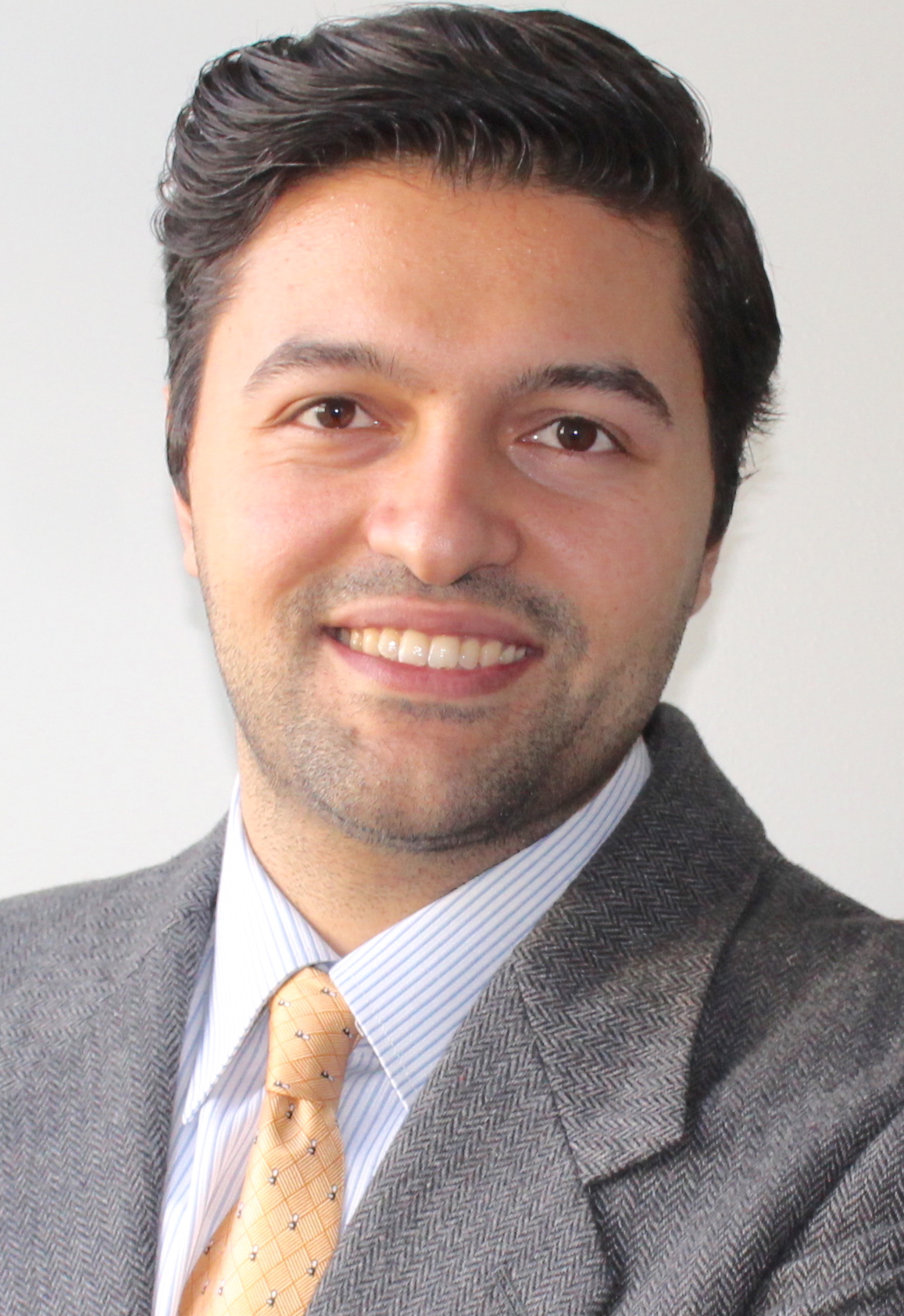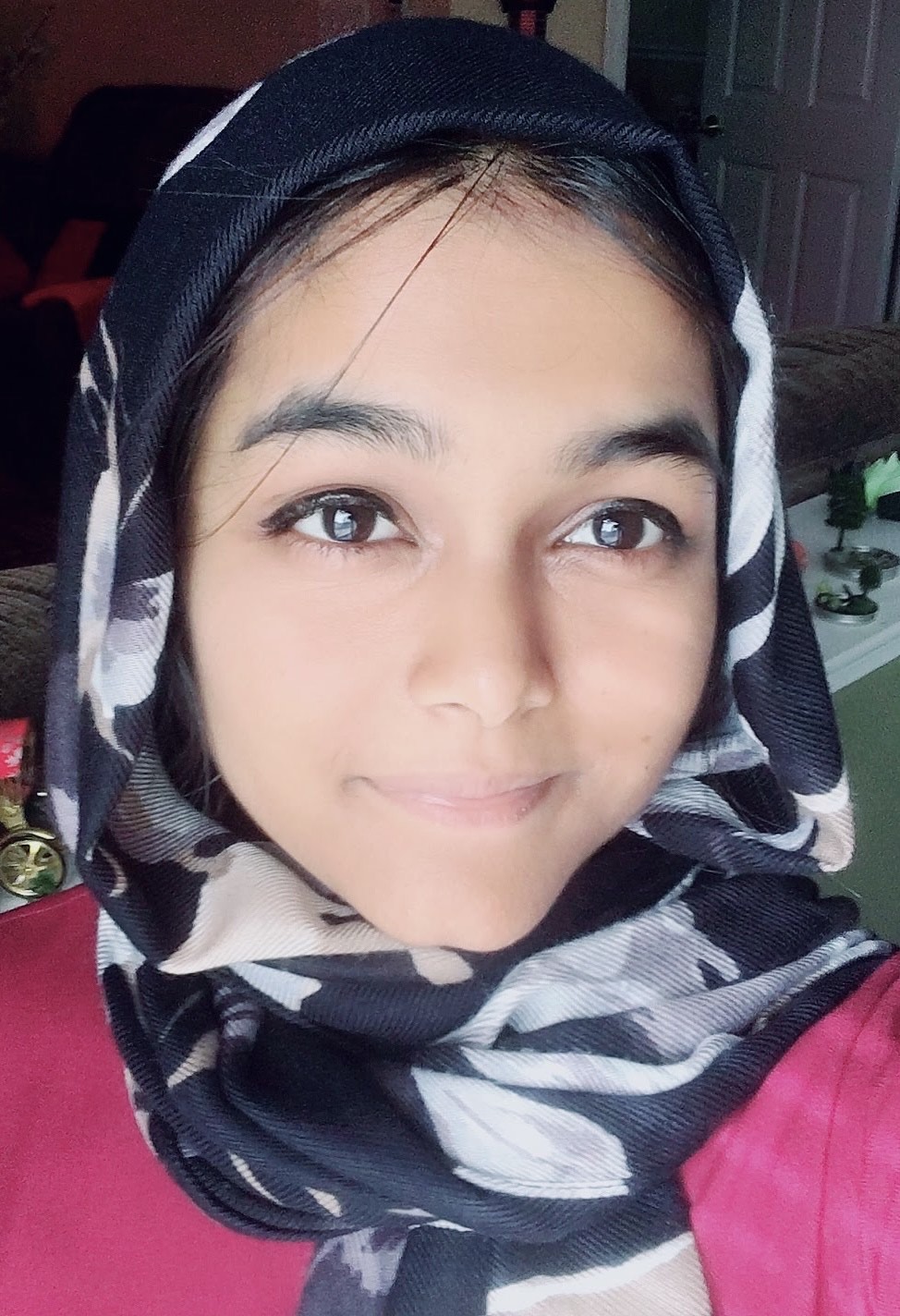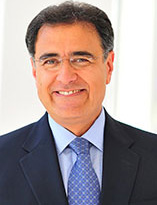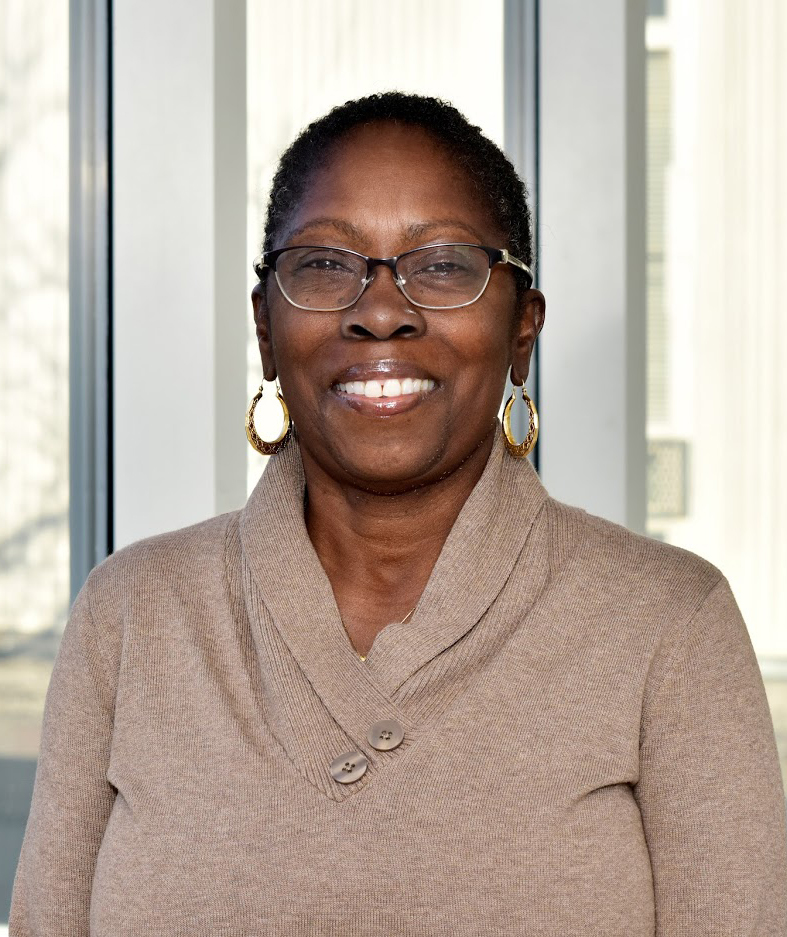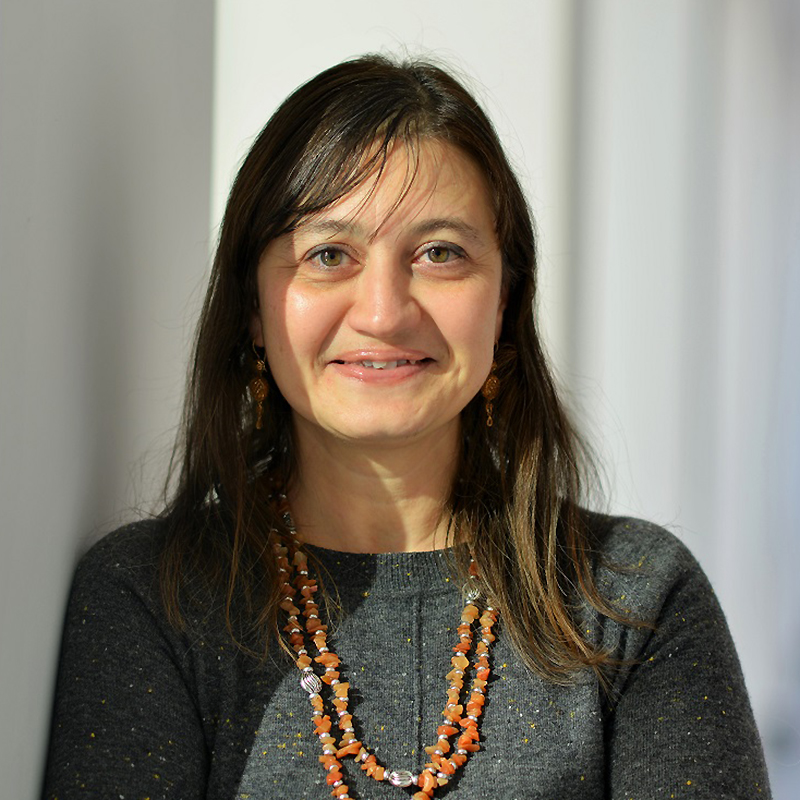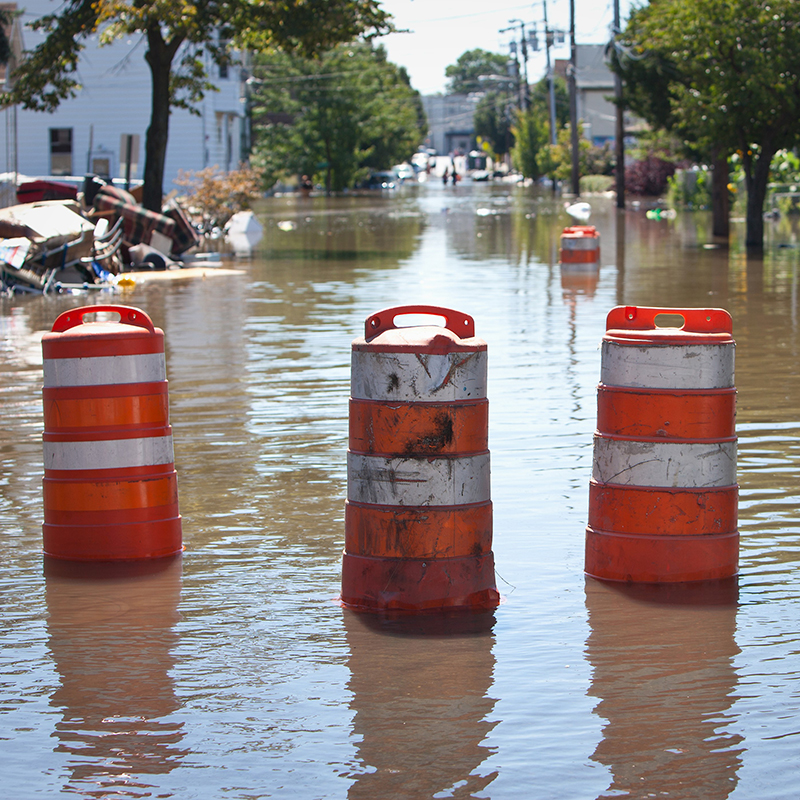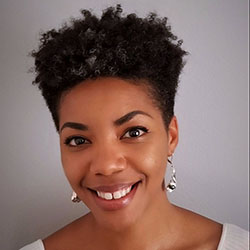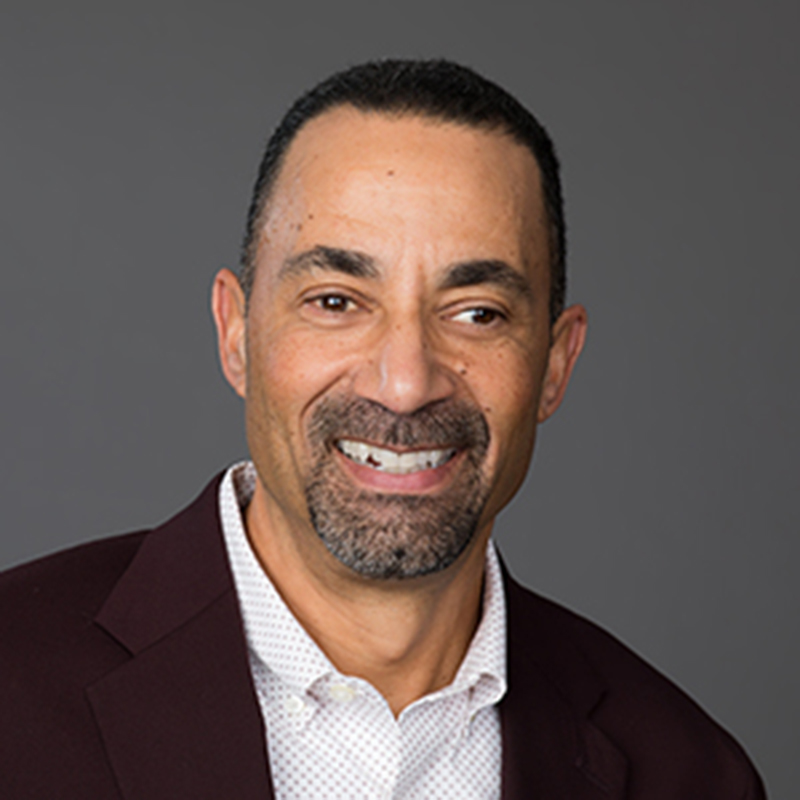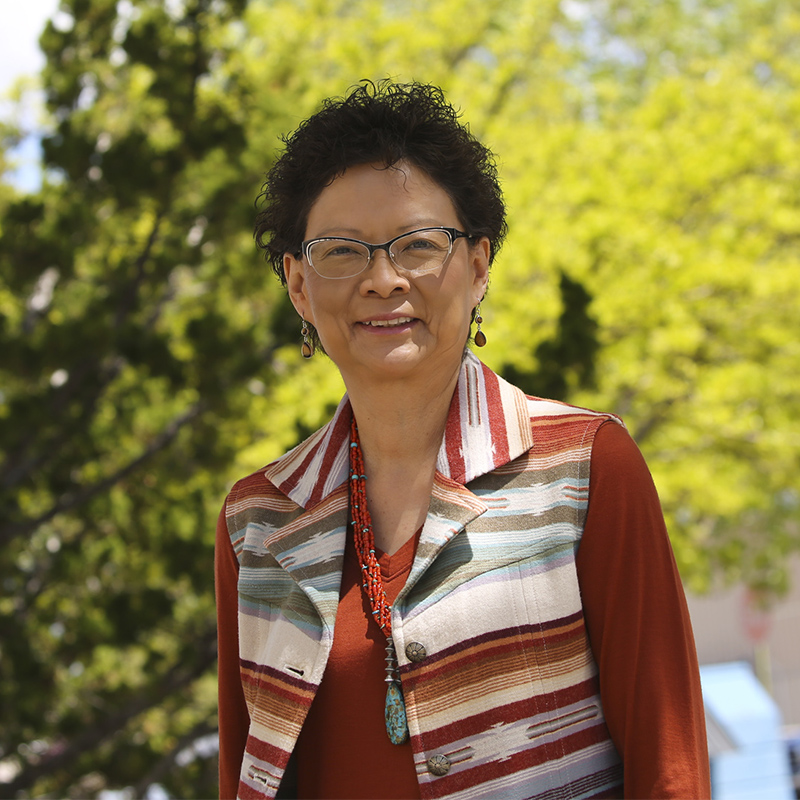The Department of Civil and Environmental Engineering in partnership with the
CEE Diversity, Equity, and Inclusion Committee
is pleased to present
The Civil Empowerment Seminar Series:
Janet Hering
Swiss Federal Institute of Aquatic Science & Technology
Swiss Federal Institute of Technology
Change the System, Not the Women
Change the System, Not the Women
October 2, 2024
Meet & Greet: 11-11:40 a.m. | Clark Hall Forum (1101)
Seminar: 12-1 p.m. | Hybrid format (Zoom)
Moderator: Dr. Birthe Kjellerup, Associate Professor, UMD Department of Civil and Environmental Engineering
.jpeg)
 From Our Speaker
From Our Speaker
Despite many arguments for increasing the representation of women in academic leadership in science, technology, engineering, mathematics, and medicine (STEMM), progress continues to be slow. Presentations on this topic often start with a description of the problem. Since I would prefer not to spend time on this, I have posted a list of five “starting points of (assumed) agreement” that can be viewed or downloaded by using the QR code below. With this, I hope to have more time for discussion, which can include the “starting points” if I have overestimated our agreement. My presentation will address the systemic barriers to women’s advancement and how they can be overcome. I will explore these issues in the context of the responsibility of universities and academic research institutions to address major challenges facing society.
Bio
Since 2023, Janet Hering has been Director Emerita of the Swiss Federal Institute of Aquatic Science & Technology (Eawag) and Professor Emerita at the Swiss Federal Institute of Technology in Zürich (ETHZ) and Lausanne (EPFL). Prior to moving to Switzerland in 2007, Prof. Em. Hering was a faculty member at Caltech and UCLA. She is a former Associate Editor of Environmental Science & Technology and former member of the Board of Reviewing Editors for Science. She is an elected member of the U.S. National Academy of Engineering and Academia Europaea.
|
Dr. Birthe V. Kjellerip is Professor at the Department of Civil and Environmental Engineering at the University of Maryland and Director of the Biofilms Laboratory; she is also founder and editor of the journal Biofilms. Dr. Kjellerup serves as chair of the Diversity, Equity, and Inclusion Committee at the CEE department. MISSION STATEMENT: Civil and environmental engineering is integral to everyday life for all people in our society, from drinking water and sanitation to the homes we live in and the roads we take. However, with devastating recent examples such as lead contamination of drinking water in Flint, Michigan and the disproportionately high mortality rates of COVID-19 in communities of color, it is clear that the beneficial work of civil and environmental engineers is not always equitably distributed. This seminar series aims to bring innovative and dynamic speakers to discuss their work in connection to current issues of social justice in civil and environmental engineering. These challenges are often complex, and will be assessed from the perspectives of people from academia, policy, industry, nonprofits, and government. Through this series, we aim to challenge our CEE community and beyond to view topics from different lenses and find creative and people-focused solutions to great civil and environmental engineering problems of today. |
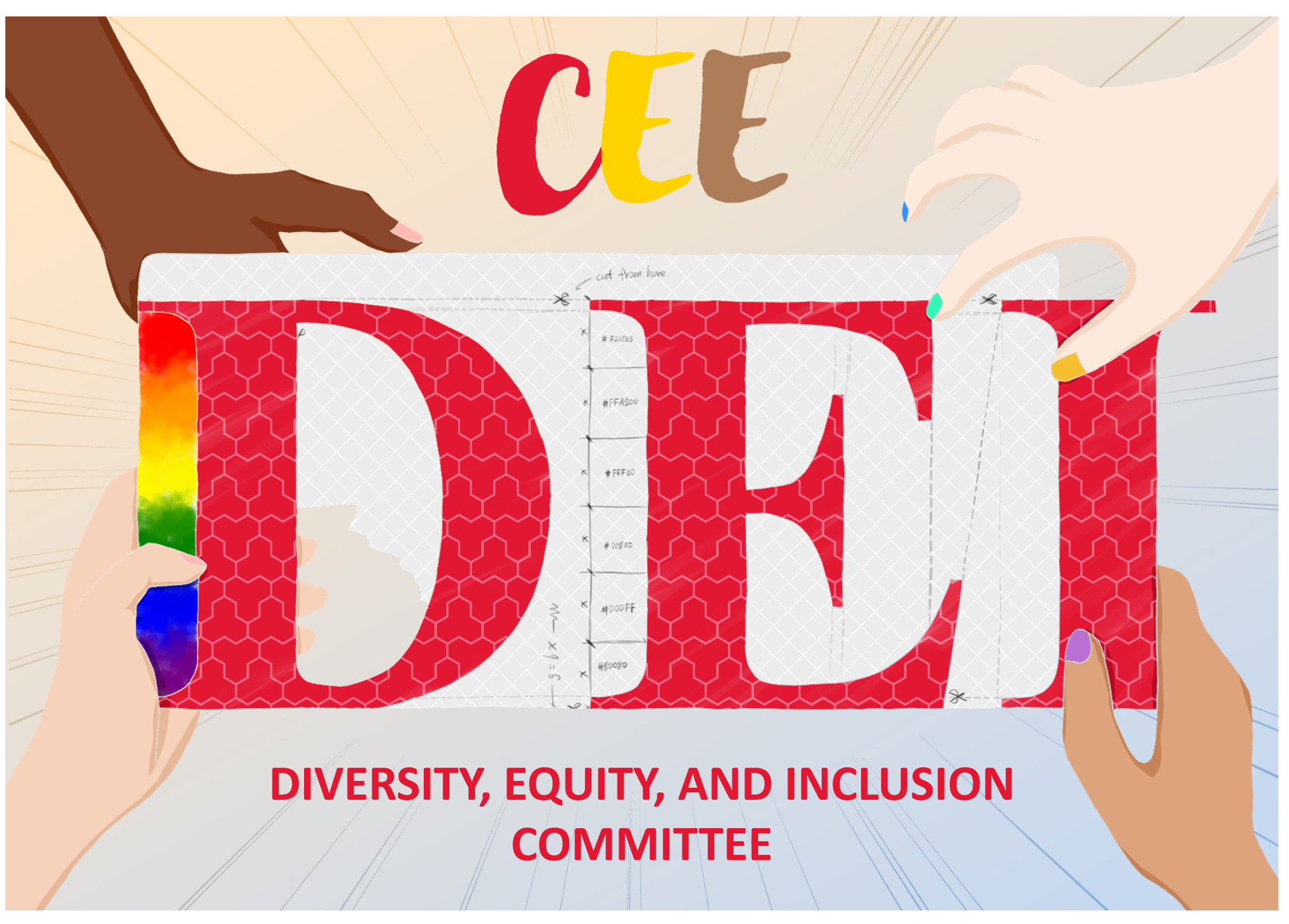
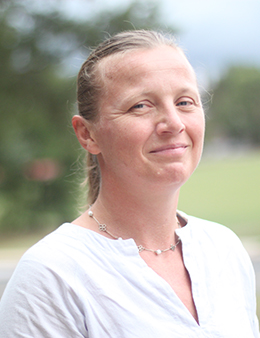 Moderator: Dr. Birthe Kjellerup, Associate Professor, UMD Department of Civil and Environmental Engineering
Moderator: Dr. Birthe Kjellerup, Associate Professor, UMD Department of Civil and Environmental Engineering


